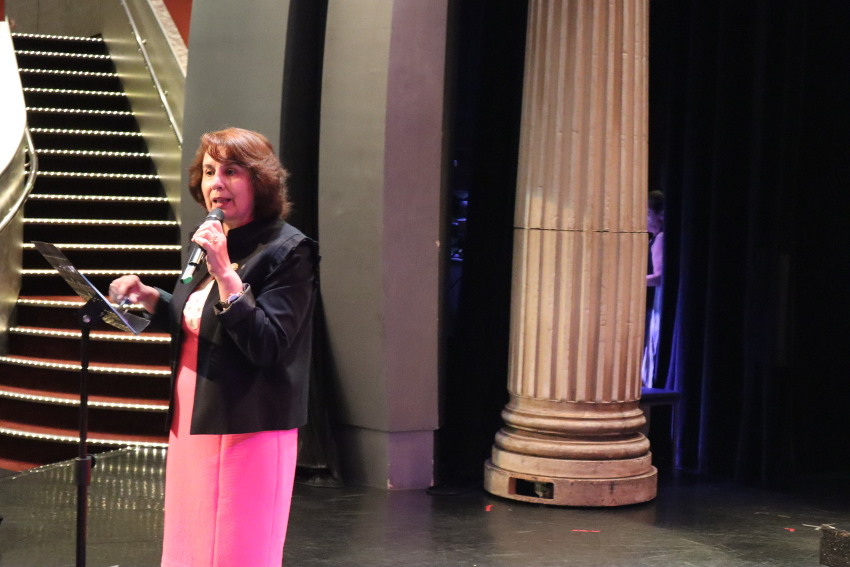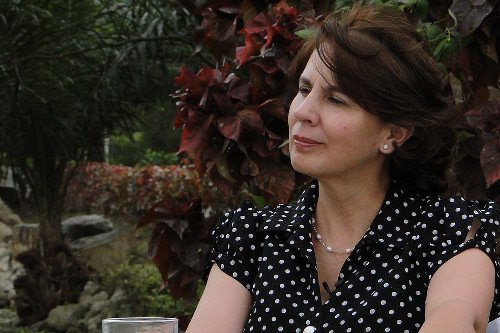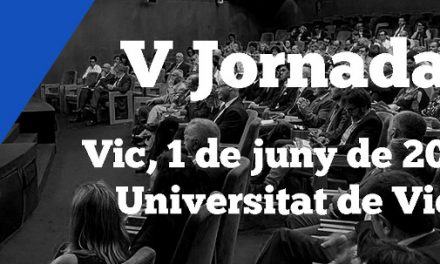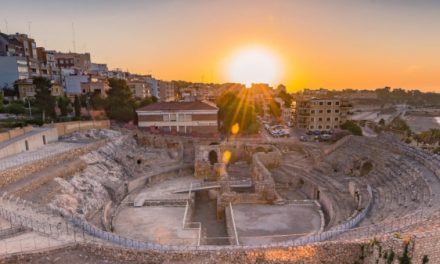
Dr Rosalía Arteaga
Rosalía Arteaga, former president of Ecuador and honorary academician of the Royal European Academy of Doctors-Barcelona 1914 (RAED), advocates in her speech “La ética en un mundo glocal” (Ethics in a glocal world) for a renewed Natural Law of the globalized world that leads to Humanity to a common, egalitarian and sustainable progress. “The time has come to think of answers that respect local behaviour, traditions, cultures, but don’t stop thinking in global terms, with the simile of the boat in which we move that can’t be treated as pieces that they are assembled and can be separated at the discretion of those who direct us, because the failure of a sector or a part, would wreck the entire boat. There is no chance of success if we don’t act together, hence the need for a glocal approach in the one that we have engaged”, says the thinker.
Arteaga made these considerations in the framework of the 4th International Act-European Congress of Interdisciplinary Research of the RAED, which took participants in this meeting to various Mediterranean capitals aboard a cruise that also served as a place of reflection.
 Debtor of both morality forged in classical philosophy and Christianity as pre-Columbian traditions, the honorary academician urges science to work with awareness for the rights and welfare of future generations.
Debtor of both morality forged in classical philosophy and Christianity as pre-Columbian traditions, the honorary academician urges science to work with awareness for the rights and welfare of future generations.
“Let us think, with optimism, about the possibility of building a better, more equitable, more ethical world, not based on the fact that utopian theses serve only to set the course, but on the need that the human being has to survive, to progress , to be more human if the term fits, and for this we have to work from the most diverse spaces, as a kind of multidisciplinary task force in which we can act with a sense of human belonging, with a vision of the future, with detachment and with solidarity”, ditch Arteaga.




